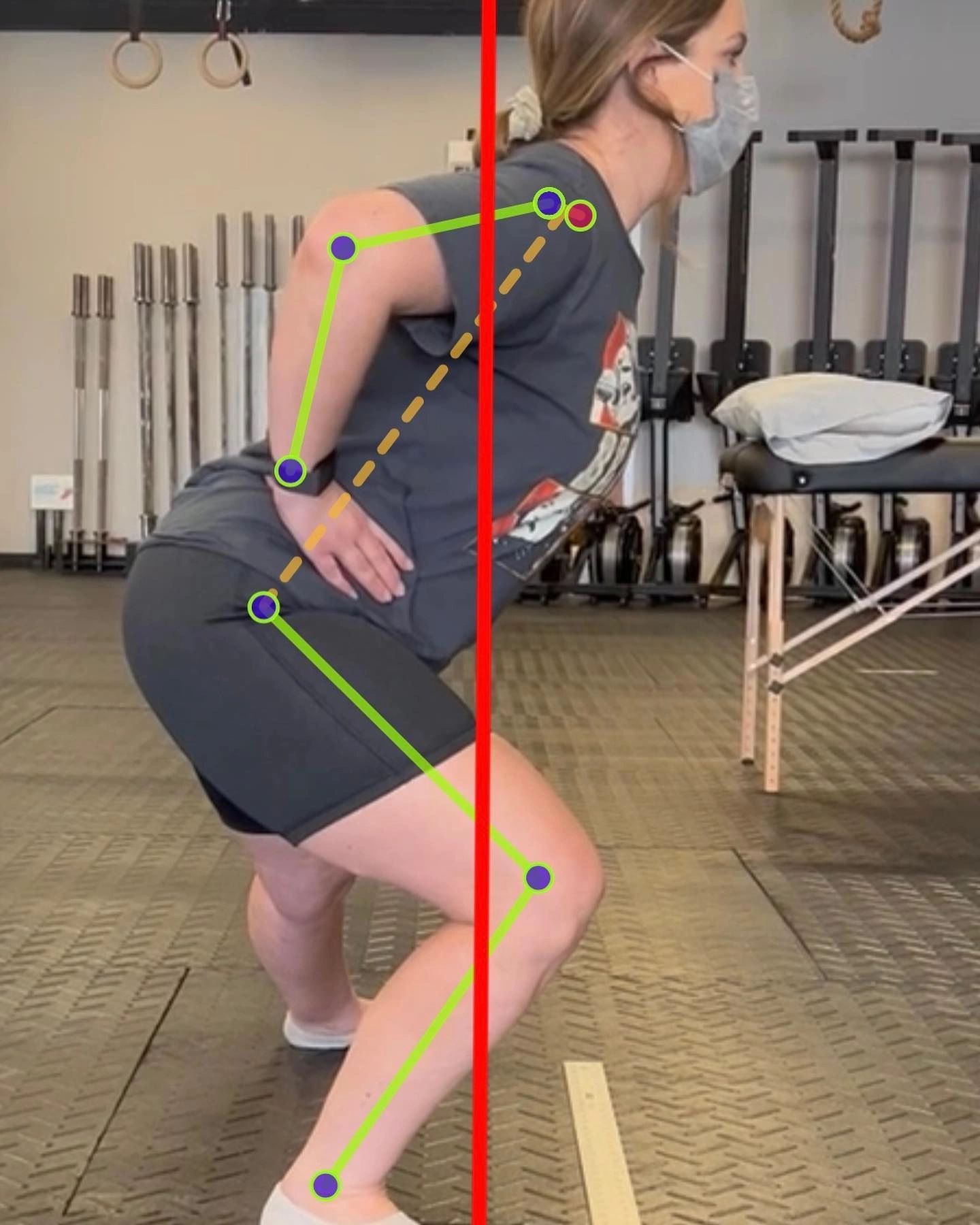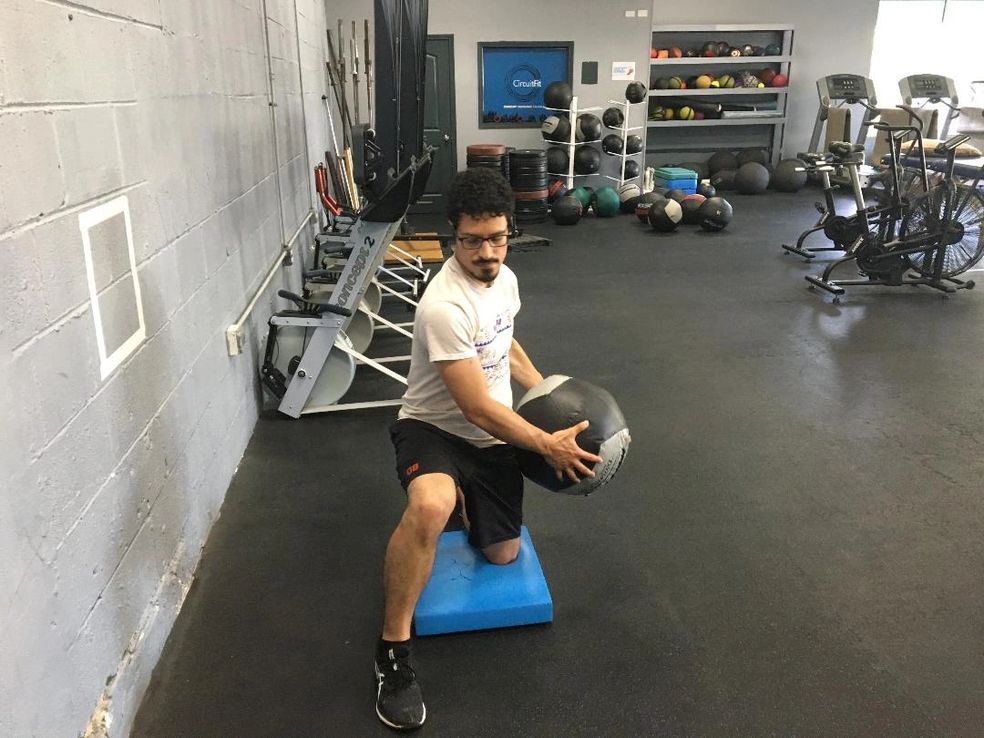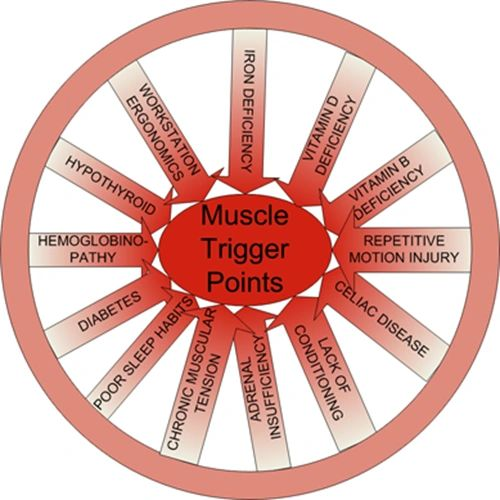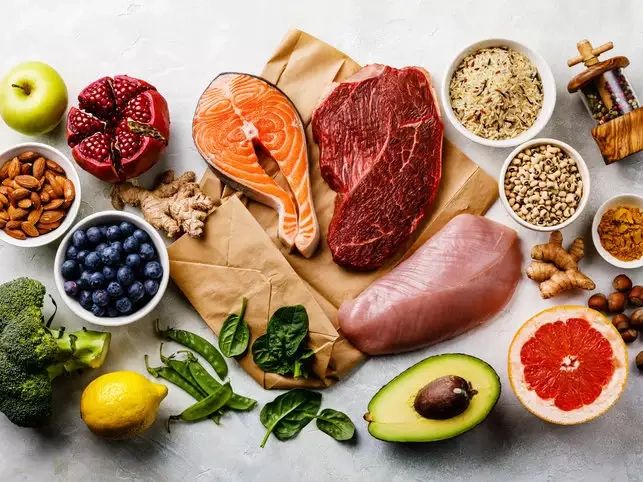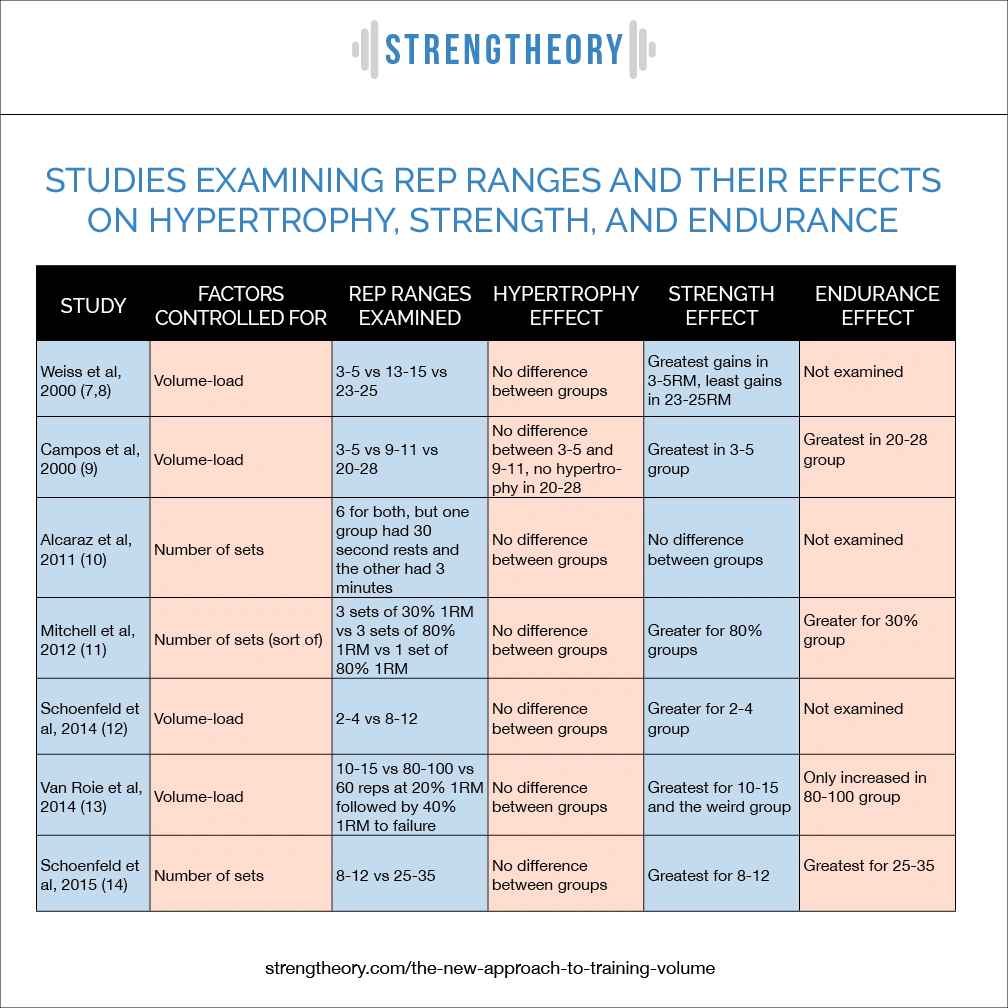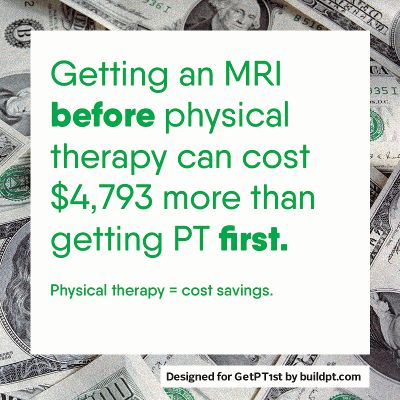Sleep - The only true remedy for health and performance

“The most important roll of sleep is facilitating an optimal level of waking function”
- Brandon Marcello

During this period of staying at home and sheltering in place, there really is no excuse not to take advantage of a great panacea for health and performance – sleep!
Four pillars of human wellness performance include:
- Cognitive
- Physical
- Social
- Emotional
all of which are dynamically interactive, and sleep influences all domains.
Fatigue resulting from inadequate sleep directly and measurably impacts:
Reaction Time
Recovery
Overall Performance
Career Longevity

Much like food shelter, and water being at the base of the pyramid of Maslow’s hierarchy of needs, sleep should be appreciated, respected, and pursued as the foundation to actualize optimal levels of performance and skill.
Not getting enough sleep results in:
- Increased risk of injuries
- Decreased pain threshold
- Increased susceptibility of sickness
- Decreased psychological and physical performance
- Increased irritability, anxiety, and mistakes
- Impaired situational awareness
- Increased body fat %
- Reverting to old habits
- Poor judgment of distance, speed, and time
Getting enough sleep helps to maximize
- Motivation
- Recovery and Muscle strength
- Sprint speeds
- Stress (cortisol) regulation
- Stored energy in muscle
- Situational awareness
- Memory consolidation
- Reaction time
Research has shown that injuries related to < 6 hours of sleep the night prior to an injury occurrence yields 1.7x greater risk vs athletes achieving at least 8 hours of sleep.
Decreased sleep is also directly correlated to a decrease in testosterone production. Studies investigating 24-year old healthy men sleeping < 5 hours/night per week have 15% less testosterone, which is like aging 15 years by comparison.
As depicted in the header picture of this blog, during sleep, the brain cleans out toxic proteins which can impair healthy aging of the brain. One good way to decrease potential for dementia plaque buildup and Alzheimer’s Disease would be to establish great sleep hygiene. Cognitive Effectiveness is achieved through sleep quality, sleep/wake timing, and sleep quality, which is the definition of sleep hygiene.

% of people catching a cold when exposed to the virus if you’re not sleeping enough:
- > 7 hrs = 19.2%
- 6-7 hrs = 22.7%
- 5-6 hrs = 30%
- < 5 hrs = 45.2%
Athletes require a lot of sleep to perform their best.
- < 24 years old: 9-10 hrs/night
- 25+ years old: 8-10 hrs/night
Sleep mythology
- You can get too much sleep
- Naps are bad
- 8 hours of sleep is ideal
- Older people do not need as much sleep
- You can store up sleep for the week ahead
- Alcohol helps you sleep
Sleep/Nutrition Interaction
- Sleep can influence what you eat and vice versa
- Primary fuel source for athletes are carbohydrates
- Sleep deprivation alters the body’s ability to metabolize & store carbohydrates for recovery, as well as use for a later time
- Individuals who are sleep deprived tend to crave carbohydrates
- Certain foods can adversely affect sleep, keeping you awake at night
- Large quantities of food consumed late at night can also contribute to a restless night.
If this article has not put you to sleep yet, plan to carve out at least 8 hours tonight to rest, replenish, and Fast Track your performance!


